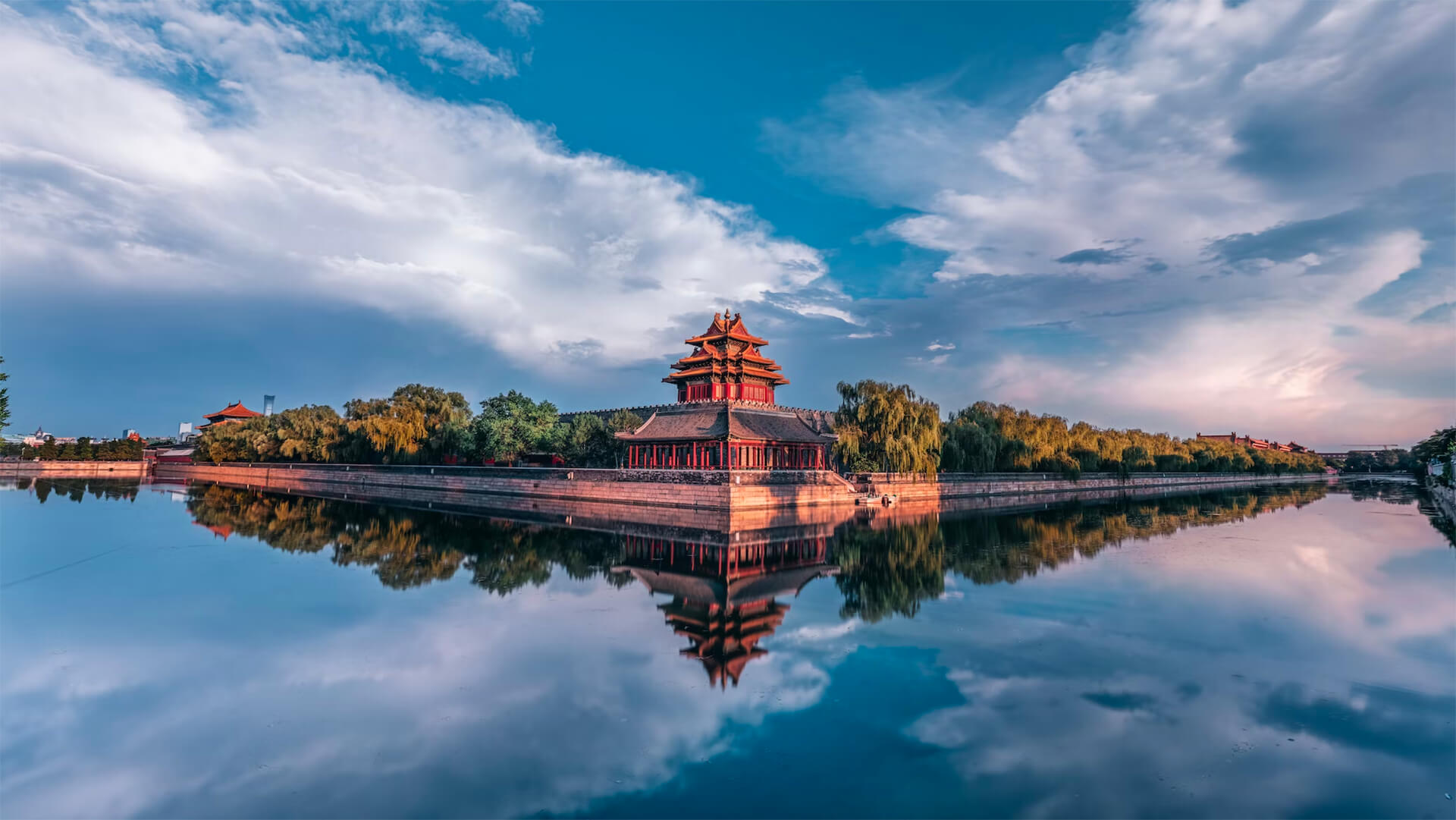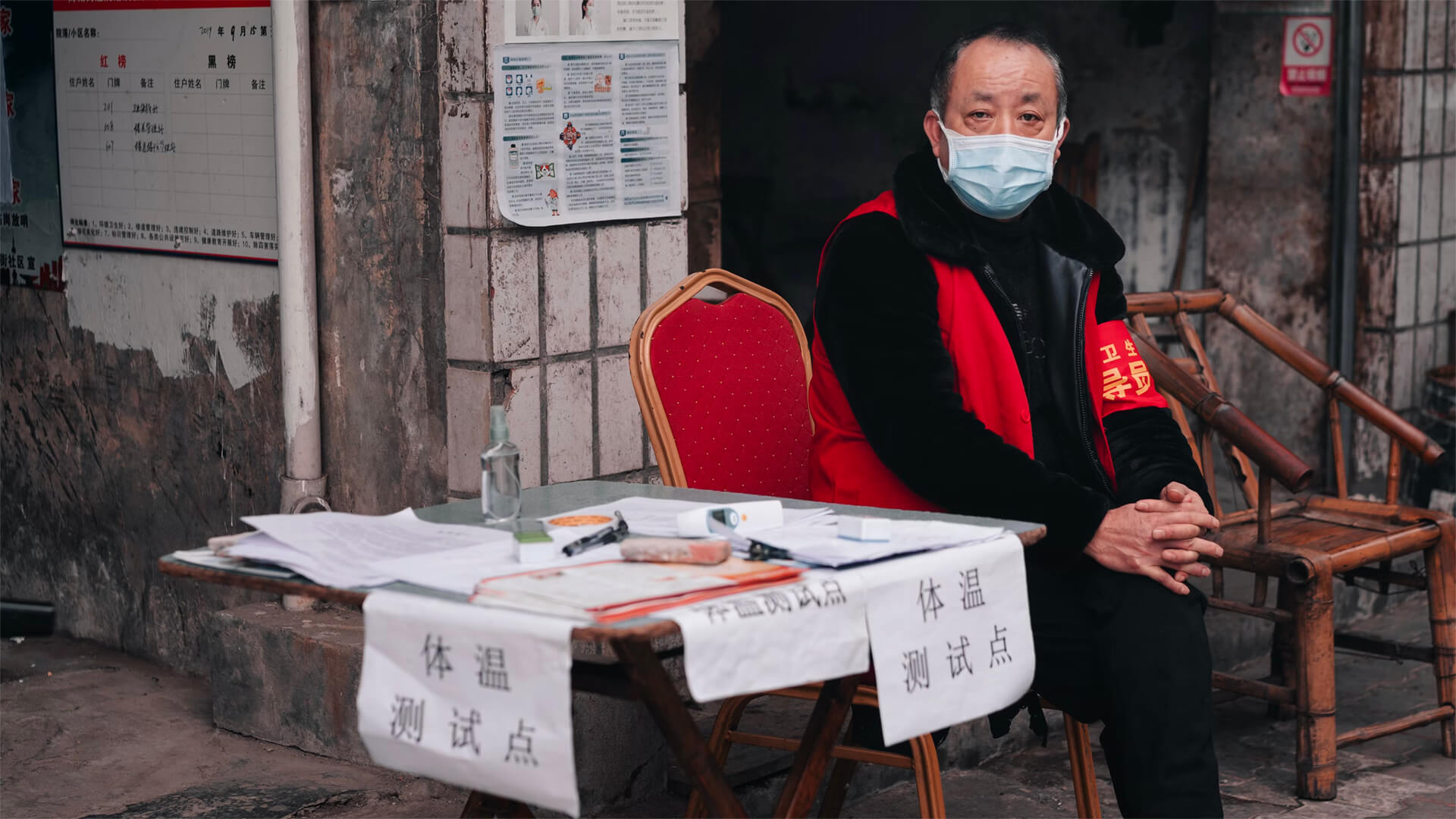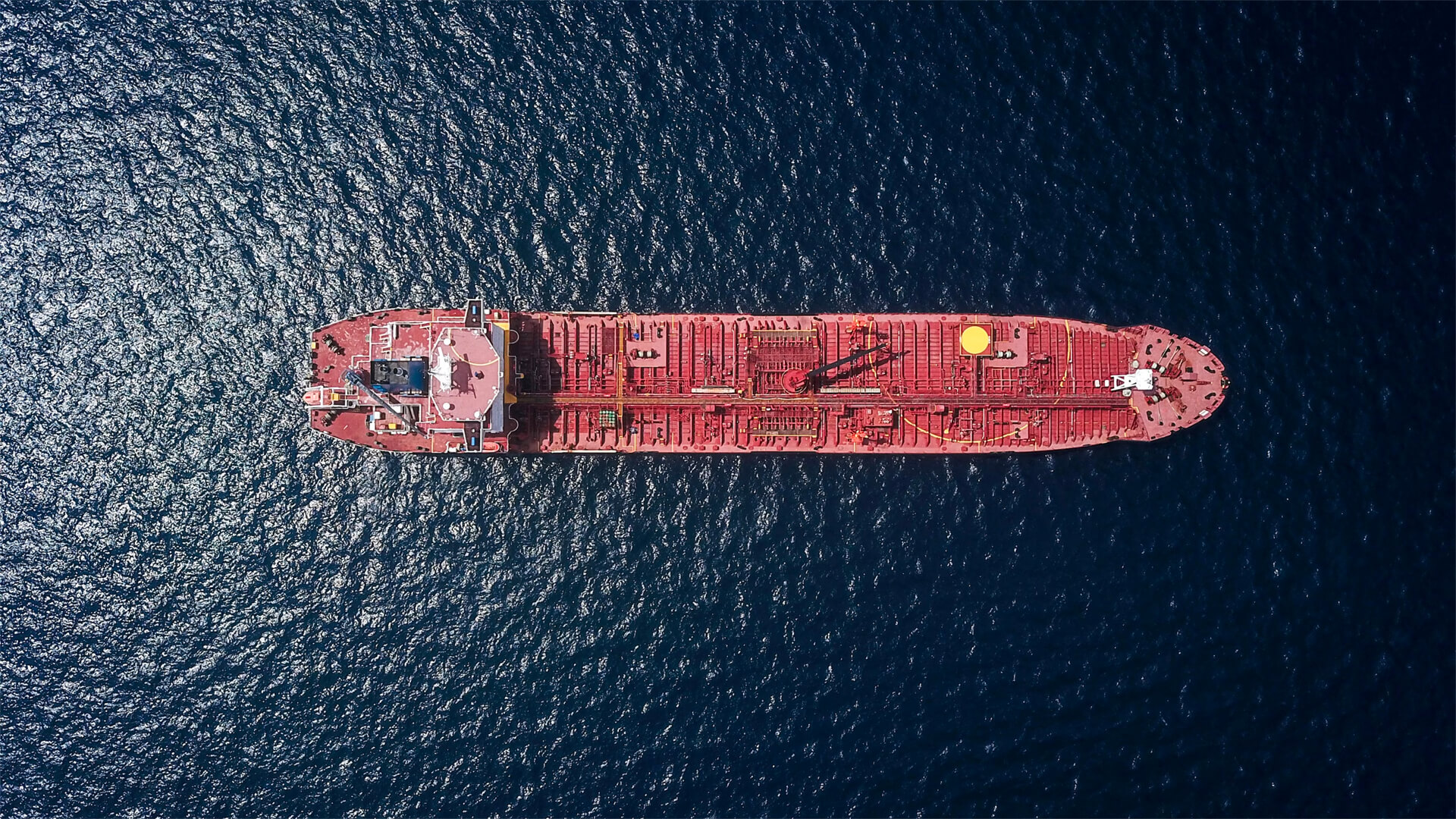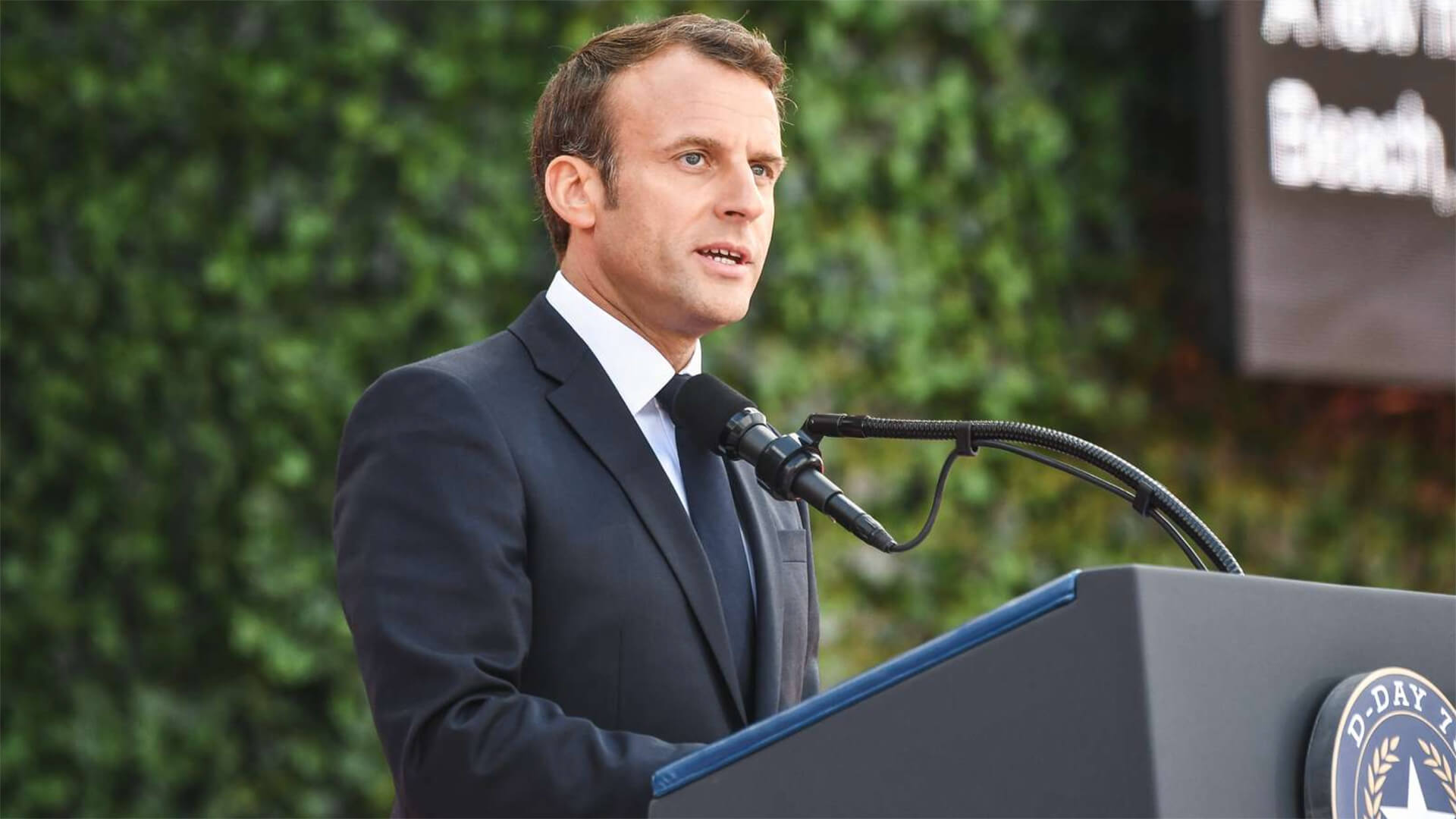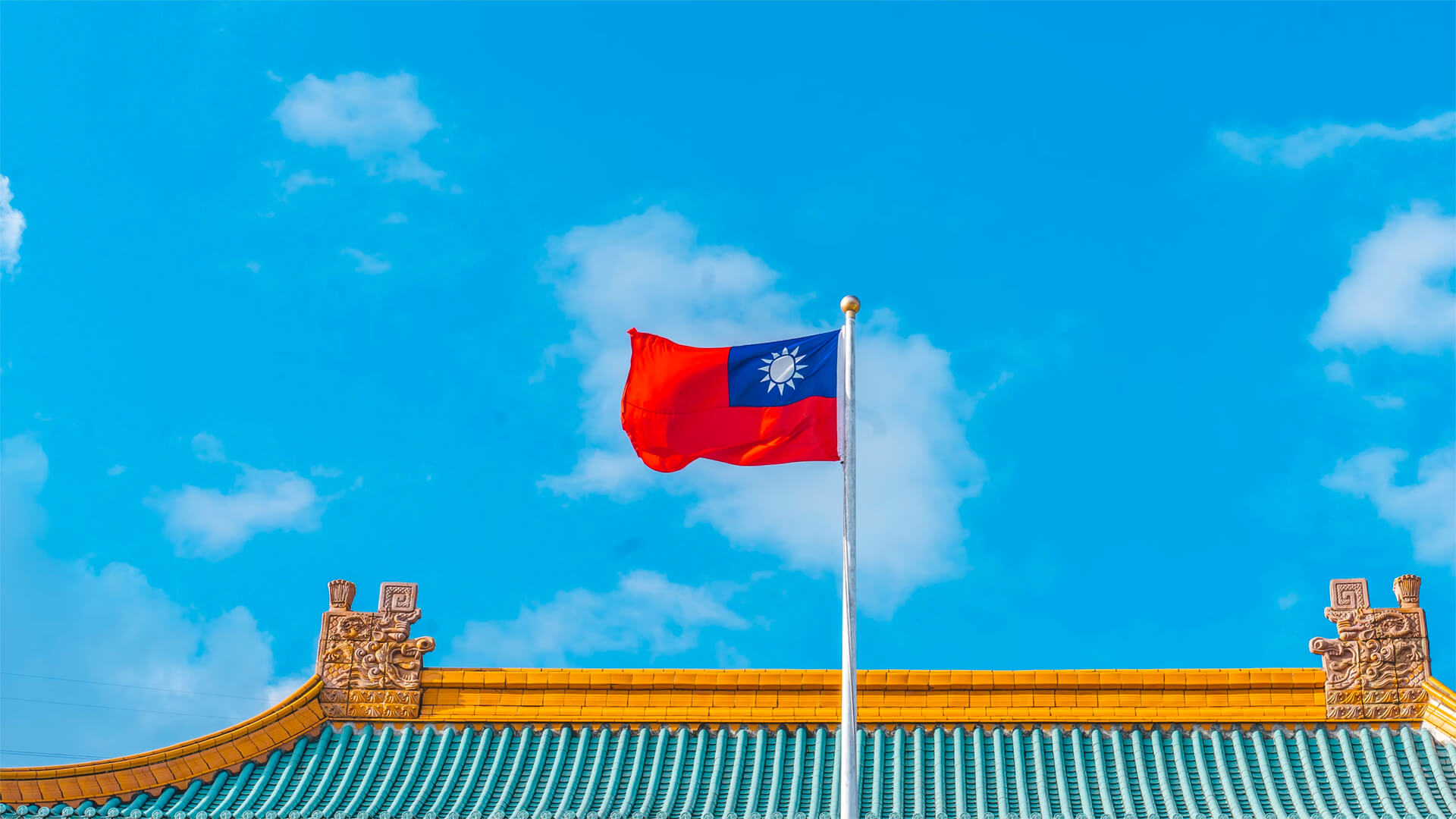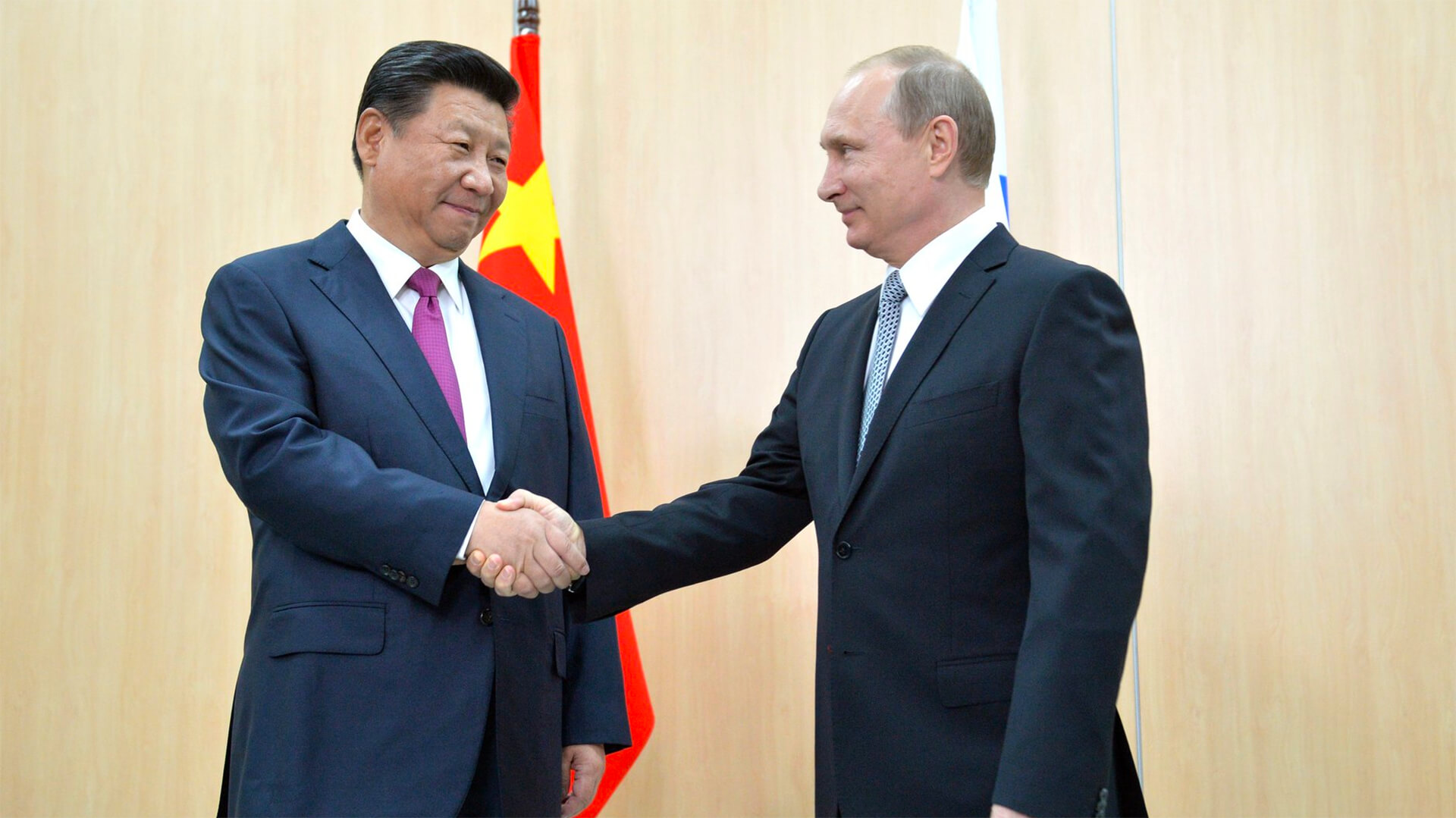The news of a “new” Chinese listening post in Cuba sparks the question: why is Cuba so important to the US? No, we’re not talking about cigars. We’re talking about Cuba’s role in American strategic planning.
With control of the Florida Straits and the Straits of Yucatán, Cuba commands access to the Gulf of Mexico. For those who need a refresher, the gulf is critical to American power, capital generation, agriculture, and energy, second only to the Mississippi system. Hence the whole Cuban Missile Crisis back in the day.
Now I’m not worried about China playing any significant role in Cuba because they’ve had this post for years and China cannot command power at a distance. However, this doesn’t mean things won’t get interesting with Cuba. There are only a few ways that I could see this playing out.
Option one is the diplomatic route of bringing Cuba into the North American family or even NAFTA. Option two is the military route, which would involve America’s favorite pastime of overthrowing the government and/or occupation. OR Cuba and the US can meet somewhere in the middle and play a good ole fashion game of economic warfare.
In all reality, the US will probably just wait this out…unless a real threat to American security decides to try its luck.
Prefer to read the transcript of the video? Click here
Here at Zeihan On Geopolitics we select a single charity to sponsor. We have two criteria:
First, we look across the world and use our skill sets to identify where the needs are most acute. Second, we look for an institution with preexisting networks for both materials gathering and aid distribution. That way we know every cent of our donation is not simply going directly to where help is needed most, but our donations serve as a force multiplier for a system already in existence. Then we give what we can.
Today, our chosen charity is a group called Medshare, which provides emergency medical services to communities in need, with a very heavy emphasis on locations facing acute crises. Medshare operates right in the thick of it. Until future notice, every cent we earn from every book we sell in every format through every retailer is going to Medshare’s Ukraine fund.
And then there’s you.
Our newsletters and videologues are not only free, they will always be free. We also will never share your contact information with anyone. All we ask is that if you find one of our releases in any way useful, that you make a donation to Medshare. Over one third of Ukraine’s pre-war population has either been forced from their homes, kidnapped and shipped to Russia, or is trying to survive in occupied lands. This is our way to help who we can. Please, join us.
CLICK HERE TO SUPPORT MEDSHARE’S UKRAINE FUND
CLICK HERE TO SUPPORT MEDSHARE’S EFFORTS GLOBALLY
TRANSCIPT
Hey, everyone. Peter Zeihan here. Coming to you from the slightly less smoky Okanagan. Today we’re going to talk a little bit about Cuba. Specifically, there is news recently that the Chinese are maintaining a new listening post. That’s pretty much bullshit. It’s been there for years. In fact, the Biden administration came out a few days after the initial report said, yeah, it’s been there at least since 2019. Probably been there a little bit earlier.
Now, Cuba will always figure hot and heavy in American strategic planning because it controls the Straits of Florida in the Yucatan Straits, which command access to the Gulf of Mexico. And if, for whatever reason, the Greater Mississippi system could not trade with the rest of the world, that is the core of American power, capital generation and agriculture and energy. So kind of a big deal. And this is the reason why JFK almost got us into a nuclear war over the Cuban missile crisis back in the sixties because the Soviets were militarizing Cuba. Cuba itself certainly doesn’t have the military capacity to challenge the United States or to close the straits. But it could be a base for a hostile power from another hemisphere.
Of course, the conversation now is whether or not the Chinese are in that role. Not yet and probably not ever. The Chinese don’t have the ability to project power that sort of distance without, ironically, American assistance. So the only Chinese military base abroad, anywhere in the world is in Djibouti and it is only able to function there because the Americans basically indirectly help out with logistics and naval patrol.
So I’m not worried about that right now. That doesn’t mean that things with Cuba aren’t going to get interesting in the post-Cold War environment with the Russians no longer a significant factor in Havana. The question has been how long can Cuba last in this sort of environment? And there’s really two big paths that this could go. Number one is a diplomatic solution to the embargo and relations between the two. This is something that Barack Obama attempted sloppily and sophomorically, and ultimately was shot down by Congress. But the idea of bringing Cuba into the North American family, perhaps even into NAFTA, makes a lot of sense because the workers in Cuba are probably about a third as productive as Americans, but they work for 1/10 the cost. So it’d be a really good complement to what the Mexicans really need to industrialize more of their system right now. It would be a huge value add. Not to mention the boosts in agriculture and tourism. So some sort of negotiated deal makes a lot of sense, but we’d probably need a better negotiating team than what we had under Obama. But is literally every other president we’ve ever had. So, you know, don’t rule it out. It’s a political question on both sides. There just has to be willingness to work on it again. The second option is a more direct military option, which would include overthrowing the government or occupying it. And we’ve done that in the past, too, although not recently at the moment that is off the table. It would take a lot more provocation from the Cubans than hosting a listening post. They would have to actually accept more advanced military assistance and have a base. And the Chinese are simply not the power to do that. And the Russians no longer have the capacity either. So it would only happen if the United States president just woke up one day and said, you know what, let’s conquer Cuba. I don’t find that likely. And then between those two extremes, you get economic warfare. One of the things that we’ve discovered in a system that is as dysfunctional politically and economically as Cuba is, there are a lot of weak points. Probably the single biggest one is food. And that’s one of the reasons why when we had that proto deal with the Obama administration, that the United States used its agricultural surpluses as a way to induce the Cubans into making concessions. And it worked. The other one would be energy. The Cubans get almost all of their fuels from Venezuela. And so if you have a break in the Venezuelan system, all of a sudden the Cubans are high and dry and without fuel, diesel or power. So there’s a lot of ways that the Cuban system can kind of collapse under its own weight.
And as with everything with the United States, there is a belief in Washington accurately that we can outwait this problem. And unless we have some sort of acute challenge to American security, that’s just kind of the safest thing to do. It’s probably a good bet, but that doesn’t mean it’s going to last forever.
Alright, everyone, take care. See you next time.


